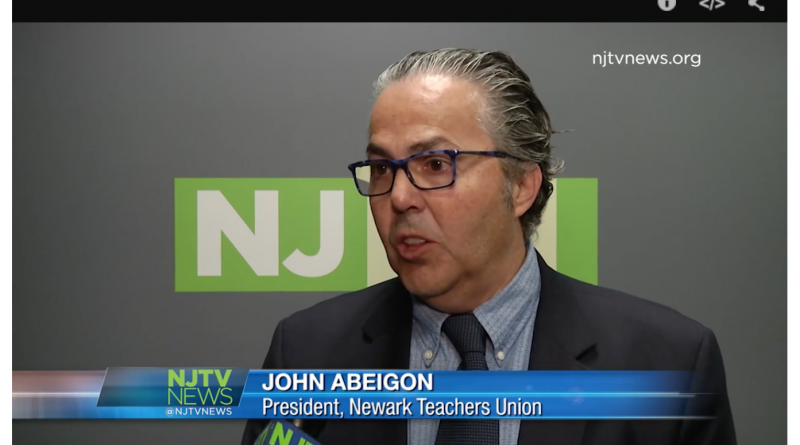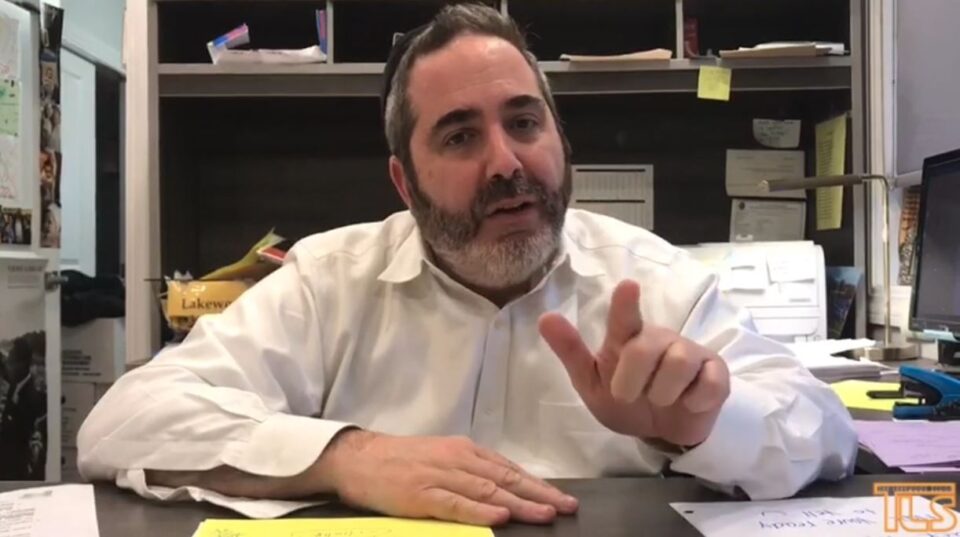Anti-Testing Movement Privileges Rich Students over Poor Students
December 18, 2015A Response to a Report of Andrew Cuomo’s Demise
December 21, 2015Sunday Leftovers
Edgewater Public Schools’ administrators are pleased with the implementation and results of PARCC testing: “We barely had any opt-outs and everybody took it seriously,” said [Testing Coordinator Melissa] Fleming.”
But in well-heeled suburban Princeton, the womb of Save Our Schools-NJ and its opt-out campaign, scores were high but not that helpful. A district official said, “Obviously, the more students who take the tests, the more reliable the results are going to be.”
Passaic Superintendent Dr. JoAnn Cardillo mused in The Record, “There are a lot of people out there who are anti-Common Core, anti-PARCC, anti-testing and I can’t say that I fall in that category. I think the state needs to figure out how to give this test in a way that is less intrusive on classroom time but there will always be standards…So we have to face it and do it and prepare our kids.”
The Star Ledger Editorial Board approves of a growing trend among the state’s public charter schools to increase enrollment of the poorest students:
That’s good news for disadvantaged kids. The Hoboken charter, called HoLa, has an innovative approach and a stellar record. Its students, immersed in both Spanish and English from an early age, are among the top academic performers in New Jersey – even though Hola gets only $11,000 per pupil from the state, about half of what the district gets.
Despite those accomplishments, and a sincere effort to recruit minority students, the district has fought Hola every step of the way on the grounds that the charter school is promoting racial segregation.
In a separate article, Barbara Martinez, board president of HoLa, recalls her inadequate preparation for college in Newark traditional public schools:”When I got to college after going through Newark public schools, I nearly flunked out (the first year) because I was so unprepared,” she recalled. “I didn’t know I was unprepared until I got to college.”
From the Asbury Park Press on Lakewood’s fiscal mess: “The school district’s budget mess is a lot worse than previously announced: The deficit actually stands at $9.5 million, officials say. ‘Almost all of it is transportation,’ David Shafter, one of the district’s state monitors, said Wednesday night after the Board of Education meeting.” For more on Lakewood, see here.
In a post felicitously called “Sweeney Told,” John Bury at Bury Pensions fisks gubernatorial-hopeful Steve Sweeney’s editorial in NJ Spotlight in which he pushes his proposal for a constitutional amendment requiring the state to make quarterly payments to the insolvent teachers’ pension fund. (Currently, N.J.’s unfunded liabilities for pension benefits for all public workers is $113 billion,) Example:
Four and a half years ago, the governor and the Legislature passed bipartisan legislation designed to fix the pension system for teachers and state employees, which had developed a $50 billion unfunded liability due to the failure of both Republican and Democratic administrations to make the required pension payments over the previous 14 years.
The 2011 reforms consisted of a bunch of tweaks to the system (except for the COLA elimination which had real savings but is likely to be adjudicated illegal) that were ‘designed’ to make it appear effectual to those disinclined to thinking.
In the Star-Ledger, Tom Byrne explains that the ballot referendum that Senate President Sweeney lobbies for would “constitutionally mandate extra spending of over $3 billion now and $6 billion by 2023 on pension contributions – without identifying any source of that funding.” The proposal, Byrne says, is a “bottomless pit” and would particularly hurt state education aid.
NJ Spotlight focused much attention on preschool education this week. See here, here, and here.




